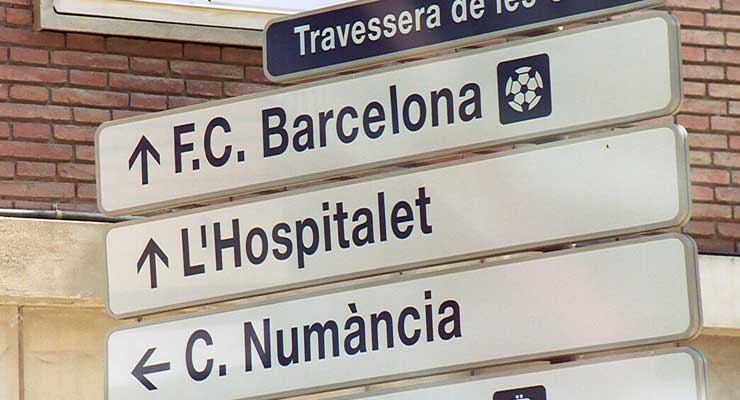
Masha Gessen wrote a fascinating article in the New Yorker about Barcelona’s new experiment with local democracy known as municipalism. Take a look at this excerpt:
Barcelona City Hall looks like it’s been occupied by protesters. A banner over the entrance to the fourteenth-century building reads, in Catalan, “Free Political Prisoners”—a reference to Catalan pro-independence activists, some of whom have been prosecuted while others were forced into exile by the national government in Madrid. The banner was placed here by the city government, which is indeed run by protesters: the ruling coalition of Mayor Ada Colau has its roots in the Indignados, the anti-austerity movement that’s often referred to as Spain’s precursor to Occupy Wall Street. (Colau is not herself a supporter of Catalan independence; more on that later.)
Barcelona is the heart of a new global political phenomenon known as municipalism. Last weekend, municipalist activists from North America, Europe, and Africa met in New York City for the third Fearless Cities summit. (The first took place in Barcelona, last year, and this summer there were summits in Warsaw and New York on subsequent weekends in July.) Municipalism is hard to define, intentionally so. Municipalist activists aim to break the bounds of traditional party politics and challenge institutional politics as they currently exist, making the language of party and institutional politics a priori insufficient for describing them.
Read more at the New Yorker.
Leave a Reply